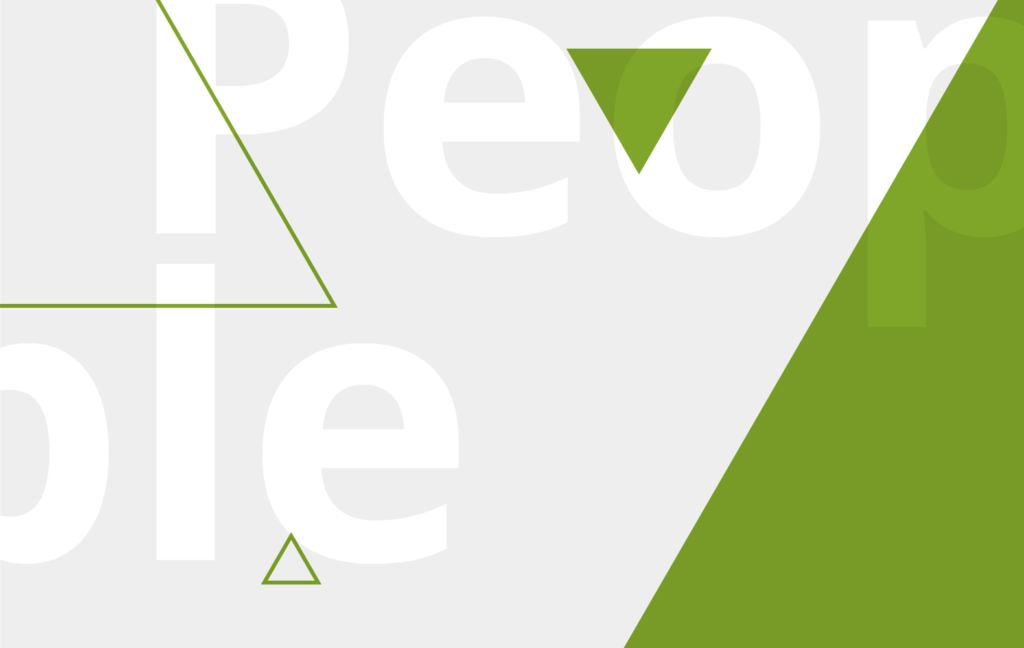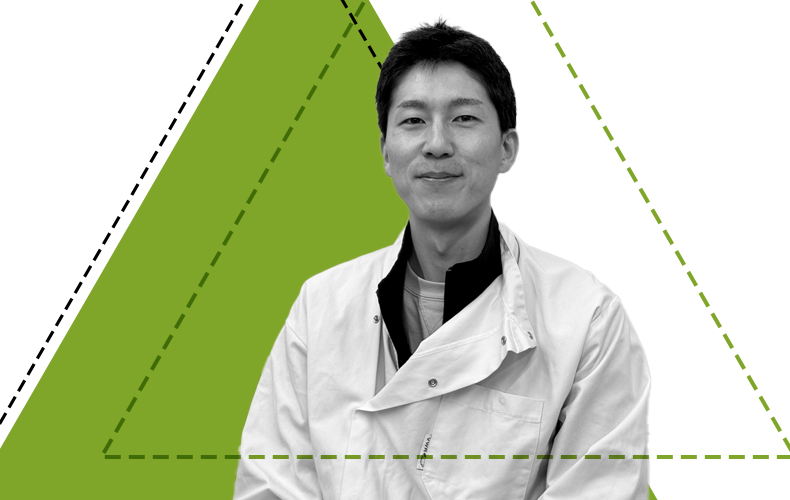16 July 2018 – The 68th meeting, which took place between 24 and 29 June 2018, was dedicated to physiology and medicine. Of the 39 Nobel Laureates attending the meeting, 22 were EMBO Members or Associate Members. The Laureates shape the scientific programme by choosing the topics for their presentation, and this year’s discussions included topics such as the circadian clock, personalised medicine, genetic engineering, the role of science in a ‘post-factual era’ and scientific publishing practices.
600 young scientists under the age of 35 are invited to the Lindau Meeting each year. EMBO supported two Long-Term Fellows and three members of EMBO Young Investigator laboratories in attending this meeting. Here, three of them describe how they experienced the week in Lindau, Germany.
Sandra Malmgren Hill, UK
Sandra Malmgren Hill is an EMBO Fellow in David Rubinsztein’s lab at University of Cambridge, UK, where she studies the molecular mechanisms of autophagy, a cellular process of degradation and recycling. Specifically, she is interested in the role of vesicle trafficking in protein quality control and its link to cellular fitness.
“It was incredibly inspiring to meet the Nobel Laureates that laid the foundation for my own field of study: Yoshinori Ohsumi and Randy Schekman. During a lunch with Randy, I also got to take part in a discussion about the ongoing reformation of the publishing process – a topic I am passionate about.
Another personal highlight was a conversation with Elizabeth Blackburn. It was extremely motivating to see someone as successful and established as her still showing such burning interest and enthusiasm for science.
During the meeting I had the opportunity to interact with great minds from all over the world working in diverse areas of science.
Sandra Malmgren Hill, EMBO Fellow at the University of Cambridge, UK
Although it was an exceptional experience to meet the Nobel Laureates, the most rewarding experience was meeting the other young researchers. During the meeting I had the opportunity to interact with great minds from all over the world working in diverse areas of science. This exchange of knowledge and experiences has broadened my view and made me think outside the boundaries of my own research field. I left Germany with plenty of new ideas, connections for potential collaborations and friends for life.”
Rona Aviram, Israel
Rona Aviram is a PhD student in the lab of EMBO Young Investigator Gad Asher at the Weizmann Institute of Science in Rehovot, Israel. She studies circadian clocks and metabolism, specifically asking how temporal cues from the environment are integrated into the clock machinery.
“Imagine being on a lake, surrounded by mountains and picturesque nature, and, in that setting, hundreds of scientists from over 80 countries come together to meet each other. I most enjoyed the inspiring discussions in such a perfect environment, hearing of the rich and fascinating history of discovery and the latest research developments.
I am extremely grateful for the support EMBO provided – all I had to do was show up, be myself, and make the most of this meeting. I must admit that, when I first read attendees’ reports of previous Lindau meetings, I thought they might exaggerate how great this meeting is. It simply sounded too good to be true. After having experienced the week in Lindau myself, I realize that it is actually very difficult to over-state the power of this experience.”
Fides Zenk, Germany
Fides Zenk is a PhD student in the lab of EMBO Young Investigator Nicola Iovino at the Max-Planck-Institute of Immunobiology and Epigenetics in Freiburg, Germany. Her research focuses on Polycomb mediated epigenetic control during early embryonic development in Drosophila melanogaster.
“I was impressed to see such a diverse crowd of researchers gathering in a town as small as Lindau, which fostered an atmosphere of very open and informal discussions. The Nobel Laureates were really approachable and the exchange was made even easier through activities like the science walks or Laureate lunches.
I particularly enjoyed the master classes, which really contributed to the dialogue with the students. Hosted by different Laureates, these sessions helped the young scientists to prepare presentations on their own research subject. We also practiced presenting and giving feedback by several participants giving their presentations in front of the group.
I liked that the meeting enabled discussions and inspired new ways of thinking. Especially the agora talks and plenary discussions brought up topics of political interest such as publishing, gender equality in science, and new challenges associated with gene editing techniques or the spreading of antibiotic resistance. I left the meeting inspired by the variety of research fields represented and more motivated to pursue my own research.”



